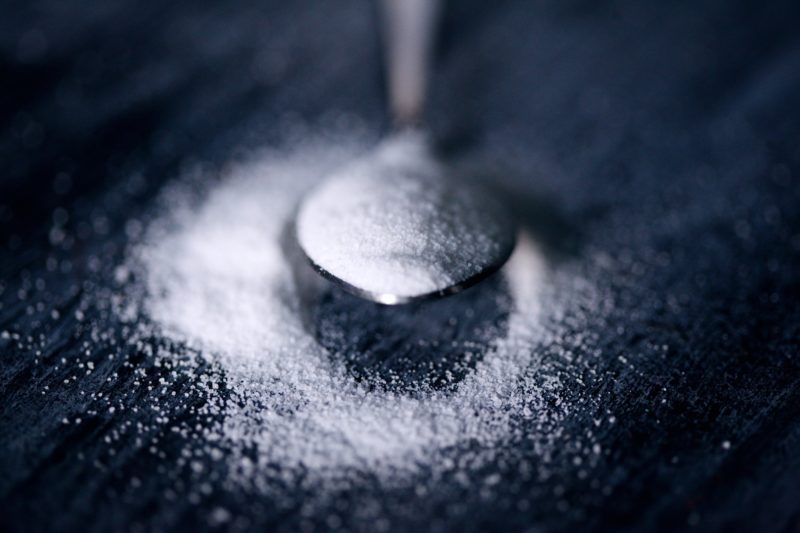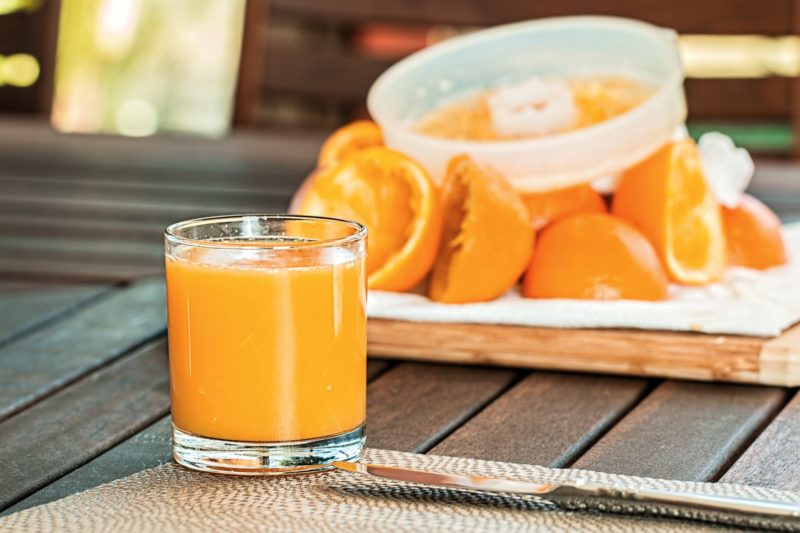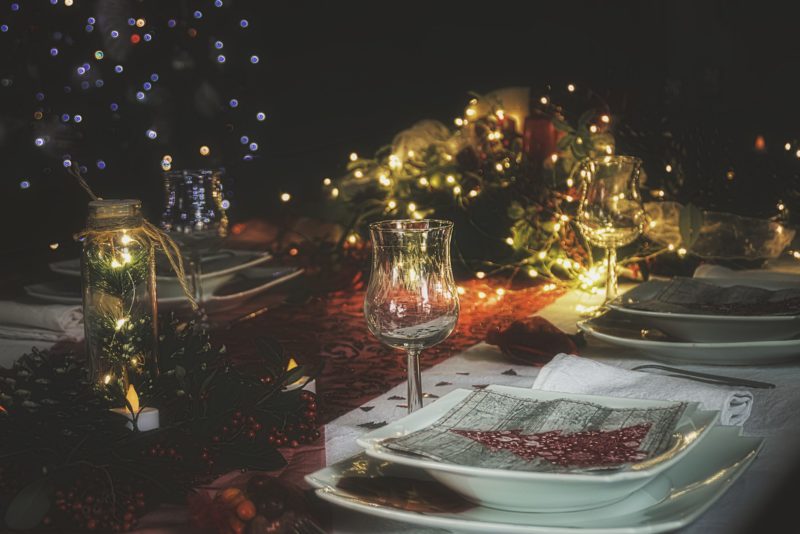There’s nothing merry about occasional gas, bloating and indigestion. The holiday season, when you’re exposed to enormous amounts of high-calorie food, can be lethal for your digestive system. Before you say bah humbug to special meals and treats, consider these five ways to navigate through the season and still keep bloating under control.
5 Ways to Say Bye-bye to Bloating During the Holidays

Say no to non-nutritive sweeteners
You may be trying to save calories so you can indulge at a holiday party buffet, but some people have trouble digesting these, leading to stomach upset. Sugar-free candy or snacks won’t do you any favors either if they contain sorbitol or xylitol. These artificial sweeteners may cause gas, bloating and stomach cramps.

Don’t chew gum or use straws
Freshening your breath with gum before standing beneath the mistletoe may backfire on you. Gas and bloating can be caused by too much air getting into our stomachs as we eat or drink. Likewise, avoid gulping in extra air by eating more slowly and taking at least 30 minutes to finish a meal.

Increase your soluble fiber intake
This helps with constipation and moves food through the digestive system at just the right pace. If you feel bloated because you are sensitive to gluten, be careful about which soluble fiber supplement you choose because some may contain traces of gluten, even if they say “gluten-free” on the label. Sunfiber is 100% gluten-free so you won’t have to worry. .

Skip the bubbly
While alcohol itself can cause bloating, the carbonation in champagne can be even more aggravating because it also introduces air into your GI tract. If you want to enjoy a cocktail, also drinking plenty of water will make your digestive system happy. Water speeds digestion and helps to counteract salt- and carb-induced bloating.

Keep your portions small
Larger meals take longer than normal to digest, especially if they are comprised of rich, fatty foods. This is why you may feel distended and bloated for hours after you eat. Pace yourself and remember it may not be wise to try to sample everything on the table in one sitting. The Japanese have a practice called “Hari Hachu Bu” or eating until you are 80 percent satisfied. You don’t need to eat until you’re full. Instead, eat until you are no longer hungry, and then check with your body to see if you require more food. (A scoop of Sunfiber before meals will help you to not feel as famished.) Focus on the real reason for the season: quality time with friends and loved ones. If your plate is already full, consider storing small portions of the other foods in the refrigerator for the next day.
During the holidays, we’ve all gotten up from the table feeling like we’re about to burst. Just remember, every meal and every party can be times for better decisions. If you tend to feel puffy and bloated after eating, start doing something about it the next time your fork nears your plate.
One last thought: There are several common causes for bloating, ranging from indigestion, constipation and gas to IBS. If just eating a stalk of celery causes your tummy to stick out, the villains may be FODMAPs, a term coined by researchers at Monash University for a collection of digestive troublemakers. FODMAPs are found in many good-for-you foods such as apples, milk, garlic and cauliflower. They may cause digestive discomfort, especially for people who suffer from irritable bowel syndrome.
If you’re struggling with bloat throughout the year – not just during the holidays – ask a healthcare provider about a low-FODMAP diet. It’s helped many of my patients.



